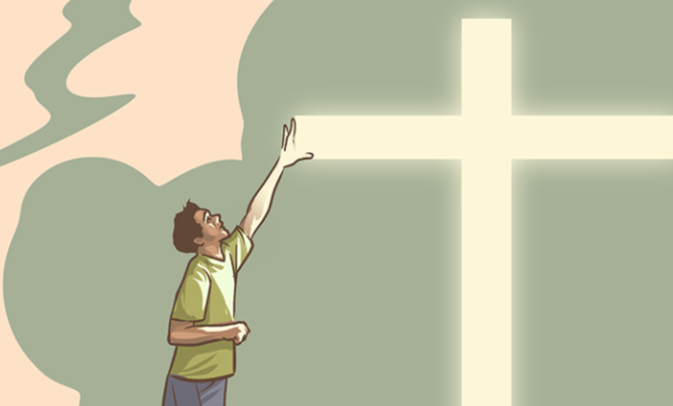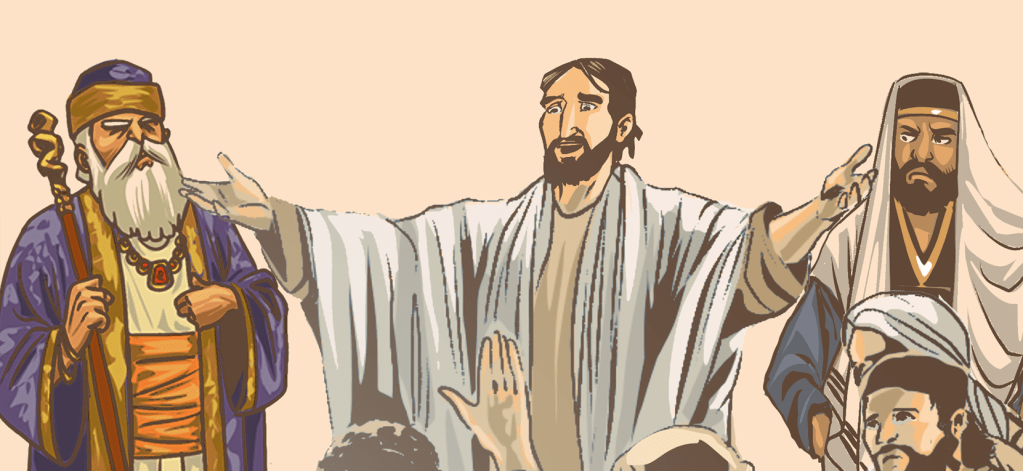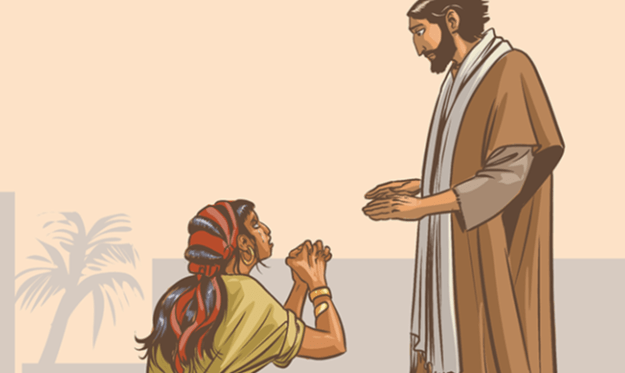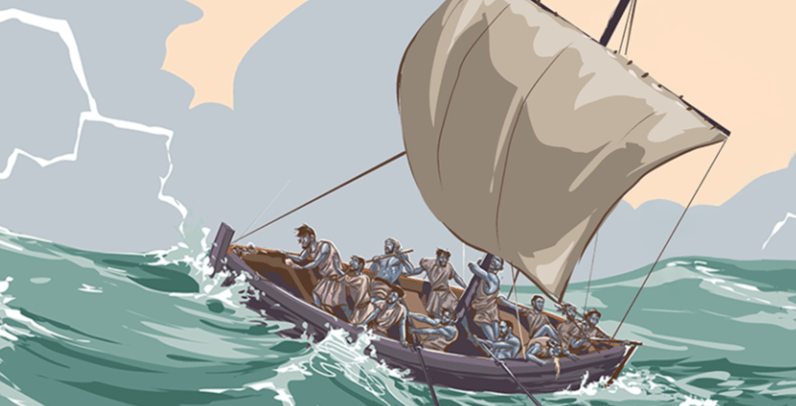
Are you familiar with the phrase “a mountaintop experience”? It’s describing times of glory and exuberance, especially as it touches our spiritual journey. Those experiences are great, but usually…actually, always short lived.
This Sunday we’ll be reading Matthew 17:1-20 and we’ll read about the original mountaintop experience as we get a glimpse of God’s glory revealed in Christ.
The first section, v1-8, provides the account of the “transfiguration” of Jesus. Jesus takes three of his disciples up on a mountain, and there, his appearance changes in front of them – he is glorious. Why do you think Moses and Elijah showed up? What is it that they represent?
When the voice instructs us to “listen to him“, Jesus, what do you think that means in light of who is on the mountaintop with him?
When they head off the mountain in v 9-13 the disciples get a lesson about Elijah’s coming before the Messiah. Why do you think the people didn’t recognize John the Baptist as a fulfillment of Micah’s prophecy about Elijah’s appearance? What can we learn from that when it comes to our expectations about how God will manifest his glory?
After they return down from the mountaintop experience, they face a different tone in v14-20. What is the key element that Jesus says is missing, which prevented the disciples from helping the demonized boy? What connection would there be between our faith and God’s glory?
We’ll get really honest about our journey this Sunday – hope to see you there!








